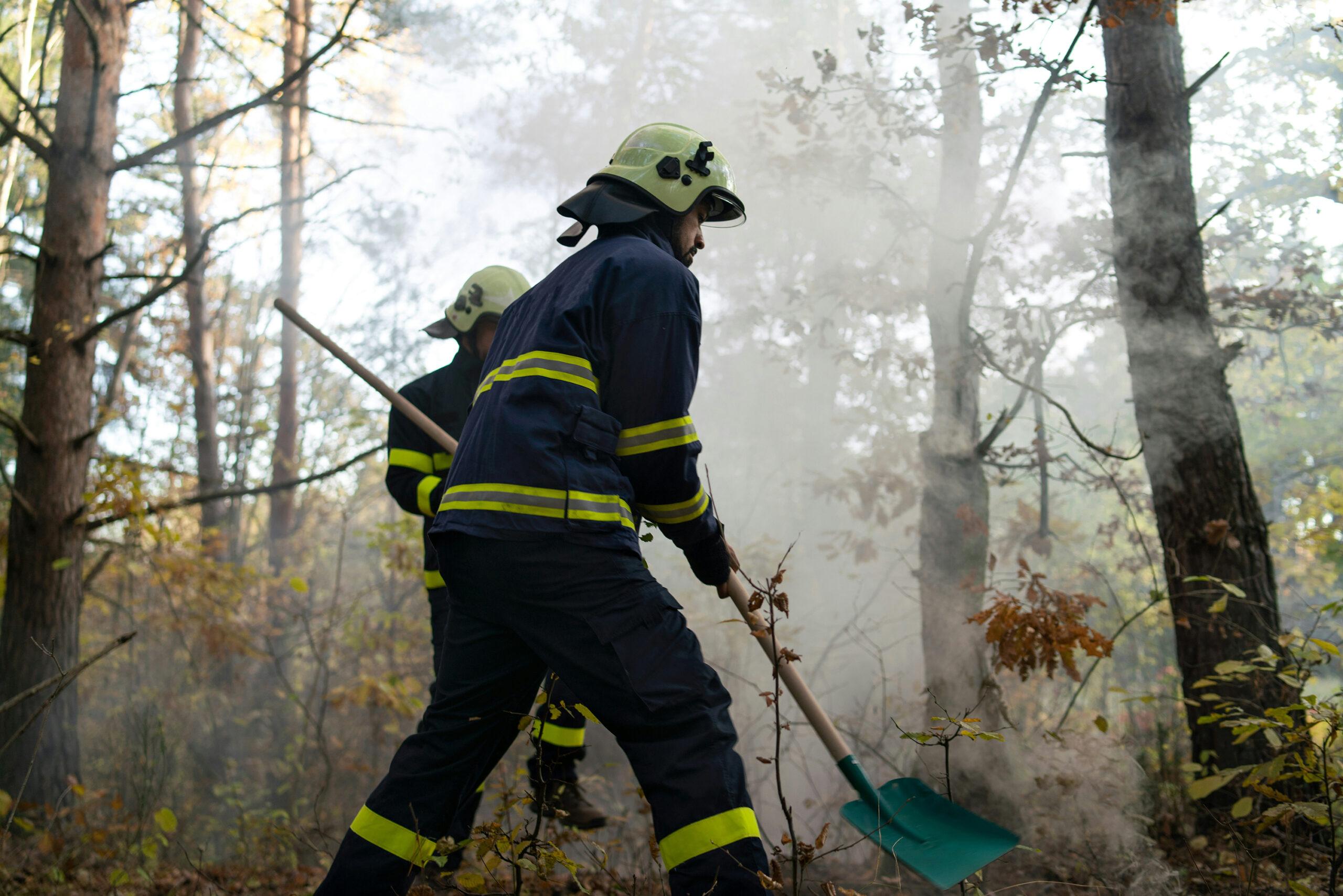“It was the best of times, it was the worst of times, it was the age of wisdom, it was the age of foolishness…” A Tale of Two Cities, Charles Dickens
The toll of the recent Southern California fires is shocking. Together, the seven fires known colloquially as the “Los Angeles Fires” have burned over 40,000 acres and destroyed or damaged 15,000 homes and buildings to date. 29 people have been confirmed dead and, according to the Orange County Register, the total in lost property and economic output ranges from $36 billion to a possible $275 billion.
Ironically, like the best of times, natural disasters often produce the very best in humankind. Bravery, generosity, and a shared experience can bring together a community in new and positive ways. Yet sadly, like the worst of times, they can also unleash the worst in humanity: the looters, fraudsters, and opportunists.
Looters will use evacuations and the necessary shift in public safety priorities from crime suppression to lifesaving as cover and concealment to traumatize victims beyond the potential loss of their homes.
They will sometimes pose as public safety and utility service personnel wearing disguises as simple as an orange vest and white hard hat. In one case, an Oregon couple even drove a decommissioned fire truck all the way to Southern California to allegedly engage in looting. In the panic of an evacuation who is there to confront them?
And it’s not just looting. Fraudsters have also descended on Los Angeles. Amongst them are criminals posing as insurance brokers and contractors looking for up front deposits with no intention of ever doing any work.
Newly elected District Attorney Nathan Hochman recently announced that 25 individuals have been criminally charged so far in fire related crimes. He has announced his support for Assembly Bill 469, which would increase the penalties for certain theft, looting, and impersonation crimes to felonies. AB 469 would also increase existing penalties for felony looting from 1 year to 4 years in prison and would prohibit issuing citations and releases, thus mandating booking for all misdemeanor and felony arrests.
This would represent a major policy shift both in state law and prosecutions from the last major looting event in Los Angeles – the George Floyd and BLM protests of 2020. It would also be a big change compared to California’s disastrous flirtation with Prop. 47 only recently overturned by Prop 36 in November 2024.
According to the Los Angeles Times, back in 2020, “…looters used the teeming crowds as cover to steal merchandise,” noting that emboldened looters strike with impunity, sometimes returning repeatedly to completely clear out stores. In all, several hundred stores were looted over several days of the protests in the summer of 2020, resulting in almost uncountable damage and losses to businesses already challenged by the Covid-19 closures.
The threat of potential looting weighs heavily in the minds of evacuees especially in light of then-Los Angeles DA George Gascón’s failure to investigate and charge looters when he assumed office after the riots.
That fear, in many cases, delays or even causes residents to remain in their homes to protect their belongings.
I know because I was one of them.
In 2020, my home was in the evacuation zone of the 2020 CZU fire in Santa Cruz County. On the morning of the evacuation order, we found that the meadow in front of our home had been used as a dumping ground for flammables. Propane and gasoline tanks, kerosene, paint thinners and more littered the ground. I decided to evacuate my family and our pets but elected to stay and defend my home.
Many residents in the Los Angeles fires did the same.
In California, civil authorities cannot order evacuations to force potential victims to leave their homes, although they can prevent people who are not in their homes from returning once an evacuation perimeter has been set. In short, stay home and stay off the roads.
That said, the presence of people and traffic in an active fire can prove to be a challenge for firefighters who could face decisions to alter firefighting strategy in order to respond to incidents involving people rather than property, as well as to deal with the movement of people and vehicles within the evacuation zone.
The threat of looting doesn’t end when the fires are extinguished as looters seek opportunity and victims in the much emptier neighborhoods.
Those may be the best reasons for lawmakers to enact AB 469.
Loot a home and go to prison seems like the right message.
Steve Smith is a senior fellow in urban studies at the Pacific Research Institute, and author of the PRI brief on California’s growing crime problem, “Paradise Lost.”

